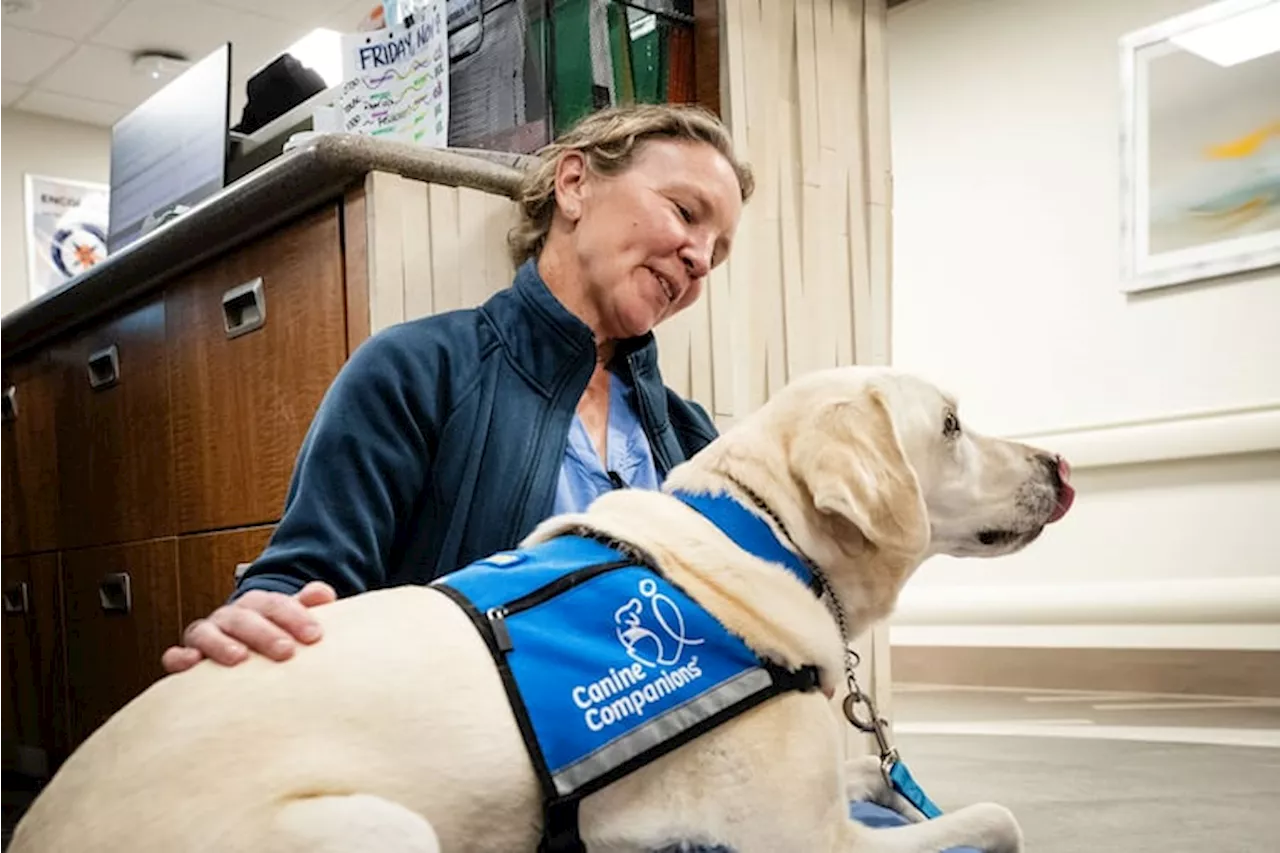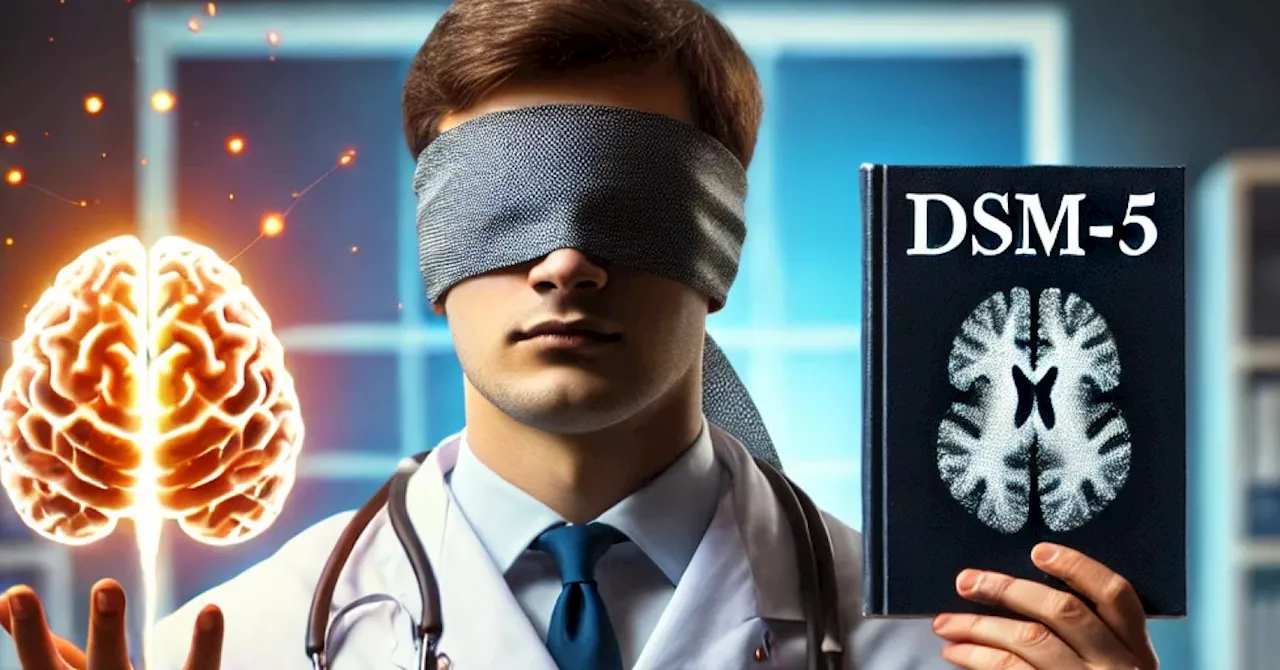This article explores the limitations of current diagnostic systems in psychiatry and argues for a more functional, patient-centered approach to mental health care. It highlights the challenges of relying solely on the Diagnostic and Statistical Manual of Mental Disorders (DSM) and emphasizes the importance of considering individual experiences, trauma, and overall well-being.
Genetic testing and tailored therapy can lead to more personalized treatment and better outcomes, particularly in diagnosing and treating complex heart conditions. In my field, we rely on objective data—EKGs, imaging, and physiological measurements—to guide treatment decisions with precision. Yet, when it comes to mental health , diagnosis works differently.
Unlike in cardiology, where a heart rhythm disorder can be measured with absolute certainty, the Diagnostic and Statistical Manual of Mental Disorders (DSM) serves as psychiatry’s diagnostic foundation. It provides standardized criteria for recognizing and categorizing mental health conditions, which helps guide treatment. However, the DSM’s classification system is not based on biological markers, genetic testing, or neuroimaging. Instead, it is a fluid and evolving manual where disorders are redefined, renamed, added, or removed over time. The same symptoms can be interpreted differently depending on the clinician. One psychiatrist may diagnose bipolar disorder, while another may see complex trauma or even an underlying medical condition. Psychiatric medication is often prescribed without genetic testing to determine how a patient metabolizes it. This system leaves too much room for misdiagnosis, which can lead to unnecessary medication, ineffective treatment, and long-term consequences for patients.Mental health care should not be based solely on DSM labels. Instead, it should focus on keeping people functional and improving their quality of life. This whole-person approach would reduce the risk of misdiagnosis and overmedication while ensuring patients receive precise, personalized, and effective care. For decades, I experienced relapsing anxiety and depression—at times debilitating, at times manageable. Like many others, I sought help from psychiatrists who attempted to categorize my experiences into a diagnosis. After years of trial and error, I was finally diagnosed with post-traumatic stress disorder (PTSD)—something I had unknowingly lived with for over 30 years. While traditional treatments focused on stabilizing my mood, it was trauma-focused therapies like Cognitive Processing Therapy (CPT) that provided lasting relief. This experience is not unique. Many individuals with PTSD are misdiagnosed with other psychiatric conditions before their trauma is fully recognized. Research shows that: Standard psychiatric treatments often focus on symptom suppression rather than addressing the root cause—trauma.The future of psychiatry must evolve beyond rigid diagnostic categories and embrace a more functional, patient-centered model. This means: Prioritizing sleep, mindfulness, and metabolic health as part of treatment. If we acknowledge the limits of psychiatric certainty, we open the door for better, more precise, and more compassionate care. We are still in the early stages of understanding the brain and mind. Neuroscience is advancing rapidly, and in the future, we may have more objective tools for diagnosing and treating mental health conditions. If you have ever questioned your diagnosis, if you have felt unseen or misunderstood in mental health care, you are not alone. As medicine continues to evolve, so must psychiatry. And the first step toward progress is acknowledging that mental health diagnoses are not absolute truths—they are working theories, always subject to change
Mental Health Diagnosis Psychiatry DSM Functional Care Patient-Centered Trauma Neuroscience
United States Latest News, United States Headlines
Similar News:You can also read news stories similar to this one that we have collected from other news sources.
 Sarah Ferguson Opens Up About Impact of Back-to-Back Cancer Diagnoses on Mental HealthSarah Ferguson, the Duchess of York, has candidly shared her experience with two cancer diagnoses within a year, revealing the toll it took on her mental health. Despite the challenges, Ferguson emphasized her resilience and the support she received from her family and a strong inner circle.
Sarah Ferguson Opens Up About Impact of Back-to-Back Cancer Diagnoses on Mental HealthSarah Ferguson, the Duchess of York, has candidly shared her experience with two cancer diagnoses within a year, revealing the toll it took on her mental health. Despite the challenges, Ferguson emphasized her resilience and the support she received from her family and a strong inner circle.
Read more »
 8 Women Entrepreneurs On Building Businesses Alongside Mental Health DiagnosesThere are costs to entrepreneurial independence: high pressure, relentless uncertainty, and the constant weight of having your livelihood rest entirely on your shoulders.
8 Women Entrepreneurs On Building Businesses Alongside Mental Health DiagnosesThere are costs to entrepreneurial independence: high pressure, relentless uncertainty, and the constant weight of having your livelihood rest entirely on your shoulders.
Read more »
 New 'Mental Health Matters' License Plate to Support Alabama's Mental WellbeingAlabama launches a new license plate initiative to raise awareness and funding for mental health resources. The 'Mental Health Matters' plate aims to secure 1,000 pre-commitments by 2025 to trigger production. Proceeds will support state, regional, and local mental health efforts.
New 'Mental Health Matters' License Plate to Support Alabama's Mental WellbeingAlabama launches a new license plate initiative to raise awareness and funding for mental health resources. The 'Mental Health Matters' plate aims to secure 1,000 pre-commitments by 2025 to trigger production. Proceeds will support state, regional, and local mental health efforts.
Read more »
 The Heat is On: Exploring the Health and Mental Health Benefits of Hot YogaThis article delves into the growing popularity of hot yoga and examines the scientific evidence supporting its claimed health and mental health advantages. It explores the potential benefits of hot yoga for physical well-being, including pain relief, calorie expenditure, and cardiovascular health, as well as its impact on mental health, particularly in managing depression symptoms. The article also discusses the importance of hydration, precautions for certain individuals, and the need for further research to fully understand the mechanisms of action and long-term effects of hot yoga.
The Heat is On: Exploring the Health and Mental Health Benefits of Hot YogaThis article delves into the growing popularity of hot yoga and examines the scientific evidence supporting its claimed health and mental health advantages. It explores the potential benefits of hot yoga for physical well-being, including pain relief, calorie expenditure, and cardiovascular health, as well as its impact on mental health, particularly in managing depression symptoms. The article also discusses the importance of hydration, precautions for certain individuals, and the need for further research to fully understand the mechanisms of action and long-term effects of hot yoga.
Read more »
 Fox News Health Newsletter: Wildfires Impact Mental Health, Red Food Dye Banned, and MoreThe Fox News Health newsletter provides a comprehensive overview of current events in healthcare, wellness, diseases, mental health, and related topics. This edition highlights the devastating impact of the Los Angeles wildfires on mental health, warns of the physical dangers posed by wildfire smoke, and celebrates the FDA's decision to ban a carcinogenic red food dye. The newsletter also features additional health-related articles and resources.
Fox News Health Newsletter: Wildfires Impact Mental Health, Red Food Dye Banned, and MoreThe Fox News Health newsletter provides a comprehensive overview of current events in healthcare, wellness, diseases, mental health, and related topics. This edition highlights the devastating impact of the Los Angeles wildfires on mental health, warns of the physical dangers posed by wildfire smoke, and celebrates the FDA's decision to ban a carcinogenic red food dye. The newsletter also features additional health-related articles and resources.
Read more »
 Labradors Lend Pawsitive Support to Health Care Workers Facing Mental Health CrisisHospitals are increasingly utilizing specially trained Labradors to aid health care workers grappling with a growing mental health crisis. These canine companions provide comfort and stress relief, fostering a more positive and supportive work environment.
Labradors Lend Pawsitive Support to Health Care Workers Facing Mental Health CrisisHospitals are increasingly utilizing specially trained Labradors to aid health care workers grappling with a growing mental health crisis. These canine companions provide comfort and stress relief, fostering a more positive and supportive work environment.
Read more »
